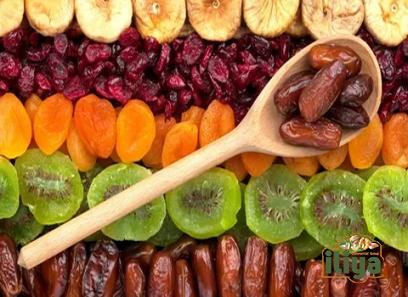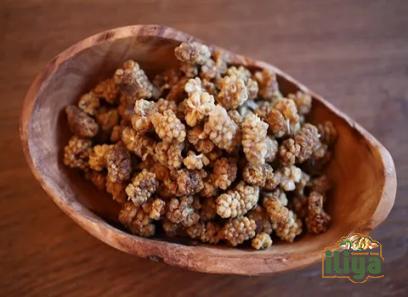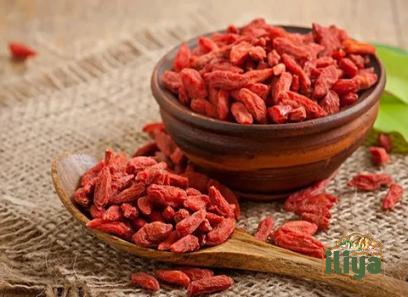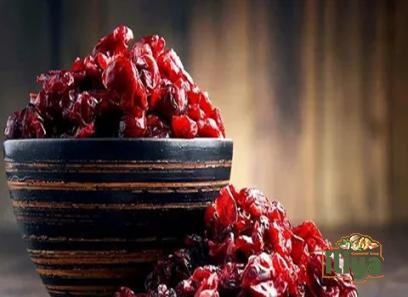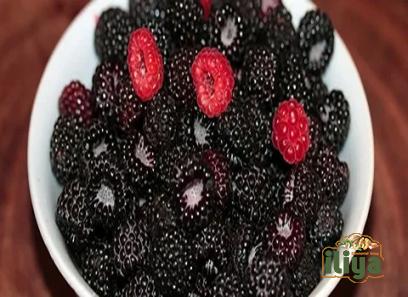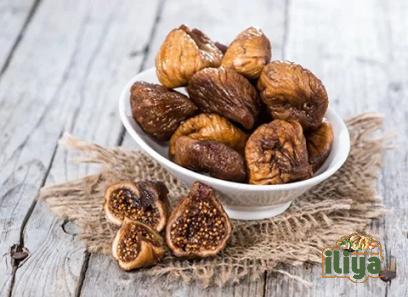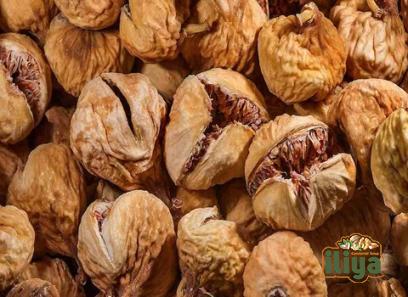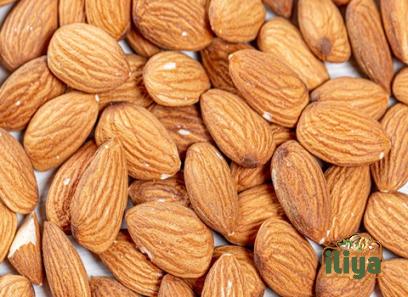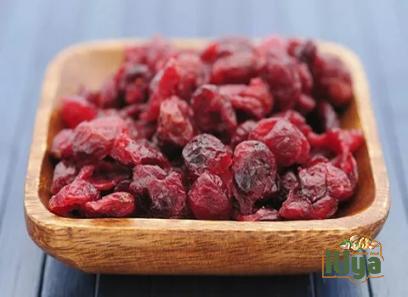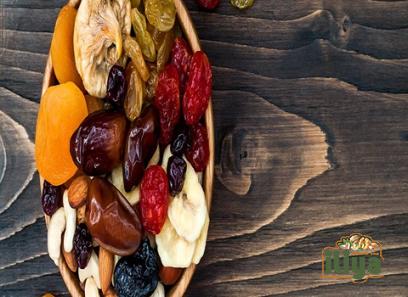Pistachio kernel calories are a topic of interest for individuals who are conscious about their calorie intake and those looking to maintain or lose weight. Pistachios, commonly consumed as a snack in many cultures, are nutrient-dense nuts that offer various health benefits. This article provides a comprehensive exploration of pistachio kernel calories, analyzing the nutritional composition, the impact on body weight, and incorporating them into a balanced diet.
Pistachios are a type of drupe, also known as stone fruit, and are native to the Middle East but are now extensively grown in California and other regions across the world. They have long been recognized for their nutritional value, containing healthy fats, protein, fiber, vitamins, and minerals. However, since pistachios are energy-dense, individuals seeking to manage their calorie intake may have concerns about consuming them.
Calories are a way to measure the energy content of food and beverages. Pistachio kernels contain approximately 159 calories per ounce or 28 grams when consumed roasted and unsalted. However, the calorie content can vary slightly depending on the size and quality of the pistachios. The majority of the calories in pistachio kernels come from fat, with each ounce providing around 13 grams of fat.
It is crucial to note that not all fats are created equal. Pistachios are primarily high in monounsaturated and polyunsaturated fats, which are considered heart-healthy fats when consumed in moderation. These fats play a role in maintaining healthy cholesterol levels, reducing the risk of heart disease, and providing satiety.
In addition to the fat content, pistachios also offer protein and fiber. A serving of one ounce (28 grams) of pistachio kernels provides about 6 grams of protein and 3 grams of dietary fiber. Protein is an essential nutrient that plays a crucial role in building and repairing tissues, supporting immune function, and providing energy. Meanwhile, fiber aids digestion, promotes feelings of fullness, and helps regulate blood sugar levels.
Moreover, pistachios are a rich source of vitamins and minerals. They contain vitamin B6, thiamin, potassium, copper, manganese, and phosphorus, among others. These micronutrients contribute to various bodily functions, including energy production, maintaining bone health, and supporting the immune system.
When it comes to weight management, the calorie content of pistachios may seem concerning. However, research suggests that pistachios can actually be a beneficial addition to a weight-loss or weight-maintenance diet. The high protein and fiber content, along with the healthy fats, make pistachios a satisfying and filling snack that can help curb hunger cravings and prevent overeating. Evidence also suggests that pistachios may contribute to improved diet quality by replacing calorie-dense and less nutritious snacks.
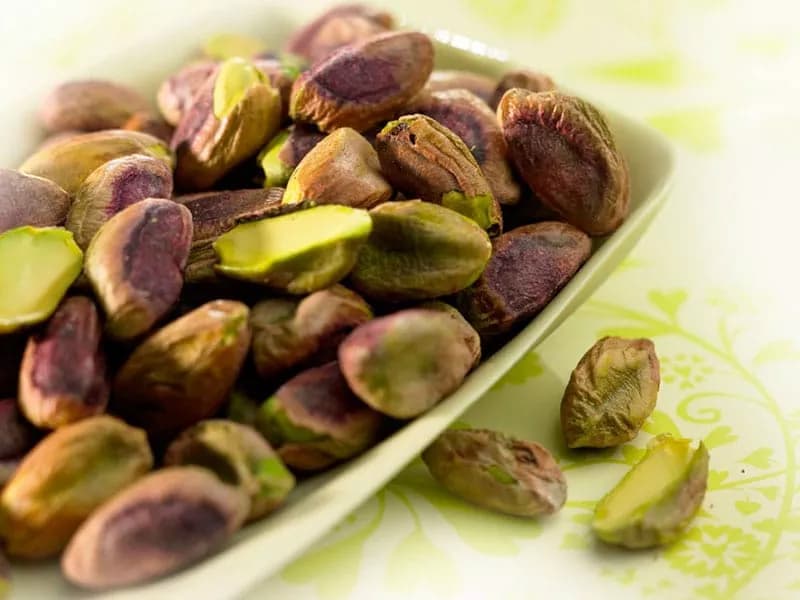
Several studies have investigated the impact of pistachios on weight management. One study found that individuals who incorporated pistachios as a snack into their diet had a lower body mass index (BMI) and waist circumference compared to those who did not consume pistachios regularly. Another study revealed that when pistachios were included as part of a reduced-calorie diet, subjects experienced greater weight loss compared to individuals who consumed pretzels as a snack instead.
Incorporating pistachios into a balanced diet is key to reaping their nutritional benefits while managing calorie intake. Portion control is essential, as excessively consuming pistachios can contribute to excess calorie consumption. Strategies such as pre-portioning pistachios into individual servings or adding them to recipes like salads, oatmeal, or yogurt can help maintain portion sizes.
To conclude, pistachio kernel calories are a consideration for individuals aiming to manage their calorie intake. Pistachios, despite being energy-dense, offer various health benefits due to their nutritional composition. Their high content of healthy fats, protein, fiber, and micronutrients makes them a valuable addition to a balanced diet. When consumed in moderation, pistachios can contribute to weight management by promoting satiety, reducing calorie intake from other sources, and providing essential nutrients.Pistachio Kernel Calories: Incorporating Pistachios into a Healthy Diet
1. The Nutritional Composition of Pistachio Kernels:
Pistachio kernels are packed with essential nutrients, making them a nutritious choice for a healthy diet. They contain healthy fats, including monounsaturated and polyunsaturated fats, which are beneficial for heart health. Pistachios also offer a good amount of protein and dietary fiber, which contribute to feelings of fullness and aid in digestion. Additionally, they provide various vitamins and minerals that support overall health.
2. Understanding Calories and Pistachio Kernel Calorie Content:
Calories are a measure of the energy content in food and beverages. Pistachio kernels contain approximately 159 calories per ounce (28 grams) when consumed roasted and unsalted. However, it is important to remember that pistachios are nutrient-dense and offer numerous health benefits despite their calorie content.
3. Managing Pistachio Kernel Calories for Weight Management:
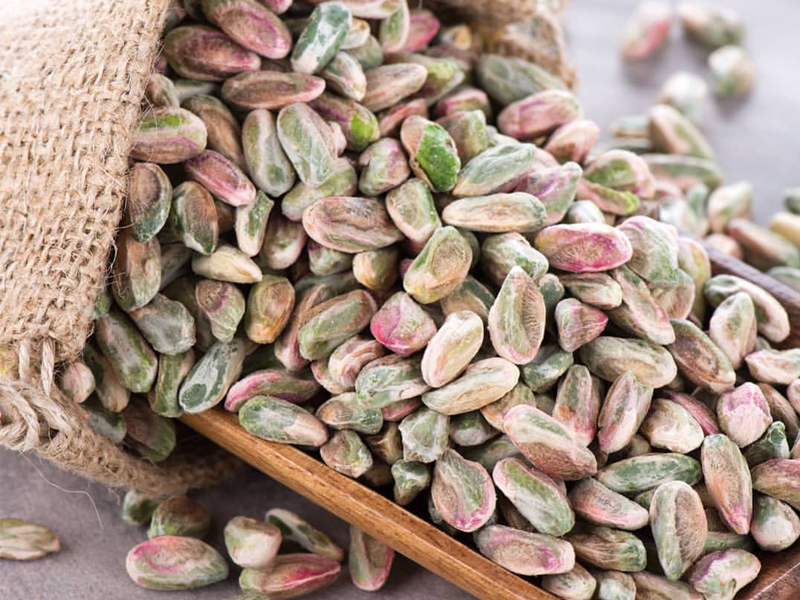
Contrary to what one might assume, incorporating pistachios into a weight-loss or weight-maintenance diet can be beneficial. Pistachios’ high protein and fiber content, along with healthy fats, contribute to feelings of satiety and help prevent overeating. Several studies have shown that including pistachios as a snack or part of a reduced-calorie diet can lead to greater weight loss and reduced waist circumference.
4. Pistachios as a Satisfying and Healthy Snack:
Pistachios make for an excellent snack choice due to their combination of healthy fats, protein, and fiber. The combination of these nutrients helps keep hunger at bay and provides a feeling of fullness. Snacking on pistachios can help curb cravings and prevent overindulging in unhealthy snacks, contributing to better overall diet quality.
5. The Role of Pistachios in Improving Diet Quality:
Pistachios can play a crucial role in improving the overall quality of one’s diet. By replacing calorie-dense and nutrient-poor snacks with pistachios, individuals can increase their intake of essential nutrients while simultaneously reducing their consumption of unhealthy snacks. This substitution can have a positive impact on overall health and well-being.
6. Incorporating Pistachios into a Balanced Diet:
The key to including pistachios in a balanced diet is portion control. While pistachios offer numerous health benefits, they are still calorie-dense, and excessive consumption can lead to an excess calorie intake. Pre-portioning pistachios into individual servings or using them as a topping for salads, oatmeal, or yogurt can help maintain appropriate portion sizes.
7. Pistachios as a Versatile Ingredient in Cooking:
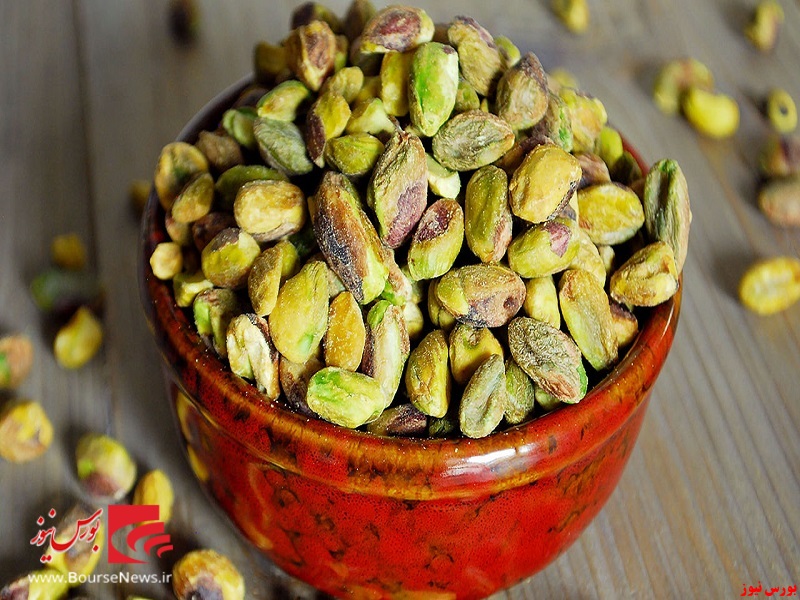
Pistachio kernels can be more than just a snack; they can also be used as an ingredient in various dishes. From desserts to main courses, pistachios add flavor, texture, and nutritional value to recipes. They can be ground into a paste or chopped and used as a topping in baked goods, salads, and dips, or incorporated into savory dishes like stir-fries or stews.
8. The Role of Pistachio Kernels in Supporting Heart Health:
Despite their calorie content, pistachios are considered heart-healthy due to their high content of monounsaturated and polyunsaturated fats. These fats help improve blood lipid profiles by reducing LDL cholesterol levels and increasing HDL cholesterol levels. Including pistachios as part of a balanced diet can contribute to a healthy heart.
9. Pistachios and Diabetes Management:
Pistachios can be a beneficial addition to a diabetic diet. Their fiber and healthy fat content help regulate blood sugar levels and prevent rapid spikes in blood glucose. Additionally, the combination of fiber, healthy fats, and protein in pistachios can promote a feeling of fullness, reducing the likelihood of overeating and aiding in weight management—an important aspect of diabetes management.
10. Pistachio Kernel Calories and Nutrient Absorption:
The calorie content of pistachio kernels should not overshadow their nutrient absorption capacity. Research suggests that the body may not fully absorb all the calories present in pistachios, particularly when they are consumed whole and not as a processed ingredient. This may result in the body effectively receiving fewer calories than expected.
In conclusion, pistachio kernel calories are an important consideration for individuals looking to manage their calorie intake. While pistachios are calorie-dense, they offer numerous health benefits due to their nutritional composition. By incorporating pistachios into a balanced diet, individuals can take advantage of their healthy fats, protein, fiber, and essential nutrients while still maintaining portion control. Pistachios can be enjoyed as a satisfying snack or used as a versatile ingredient in cooking, benefiting heart health, weight management, diabetes management, and overall diet quality.

